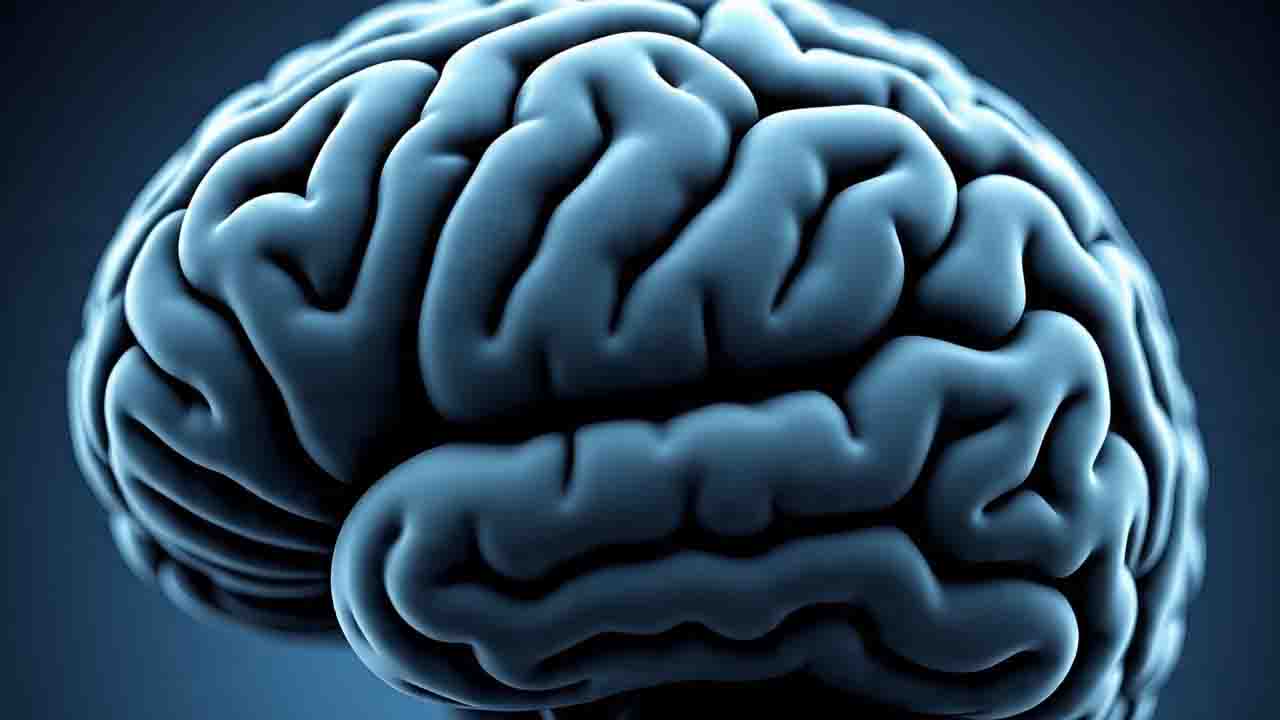
Elmsleep – ADHD Meets Insomnia a phrase that captures a daily challenge many adults quietly endure. According to recent research reported by The Times of India, insomnia significantly reduces the quality of life for adults with Attention Deficit Hyperactivity Disorder (ADHD). While the cognitive and behavioral symptoms of ADHD are well-documented, the impact of poor sleep is often overlooked in treatment discussions.
Adults with ADHD frequently experience delayed sleep patterns, restlessness at night, and difficulty “switching off” racing thoughts before bed. This not only leads to fatigue, but also worsens core symptoms like poor concentration, irritability, and emotional instability. As researchers have found, the connection between sleep and ADHD is cyclical ADHD causes sleep disturbances, and those disturbances, in turn, intensify ADHD symptoms.
ADHD Meets Insomnia in a way that creates a vicious cycle. Poor sleep contributes to reduced executive functioning, lowers frustration tolerance, and impairs memory challenges already faced by those with ADHD. Even more concerning, chronic insomnia can dull the effectiveness of ADHD medications and therapy, leading some individuals to believe their treatment isn’t working. When in fact, it’s their sleep that needs attention.
“Beyond Search: AI SEO and Smart Design Are Reshaping the Web”
Sleep loss has also been linked to mood disorders such as anxiety and depression. Both of which are more common in adults with ADHD. For many, these overlapping challenges create a sense of constant mental and physical exhaustion.
ADHD Meets Insomnia underscores the need to treat sleep as a central aspect of ADHD management. Sleep hygiene strategies such as maintaining a regular bedtime, limiting screen time at night, and using calming bedtime routines are being recommended alongside traditional treatments. Cognitive Behavioral Therapy for Insomnia (CBT-I) is also gaining popularity for its non-drug-based approach.
Experts now emphasize that sleep is not a side issue it’s a foundational element in restoring focus, emotional balance, and daily functioning in ADHD patients. Breaking the cycle of sleeplessness can open the door to better health and a more manageable life.
“Google Nest Hub: The Smart Command Center”